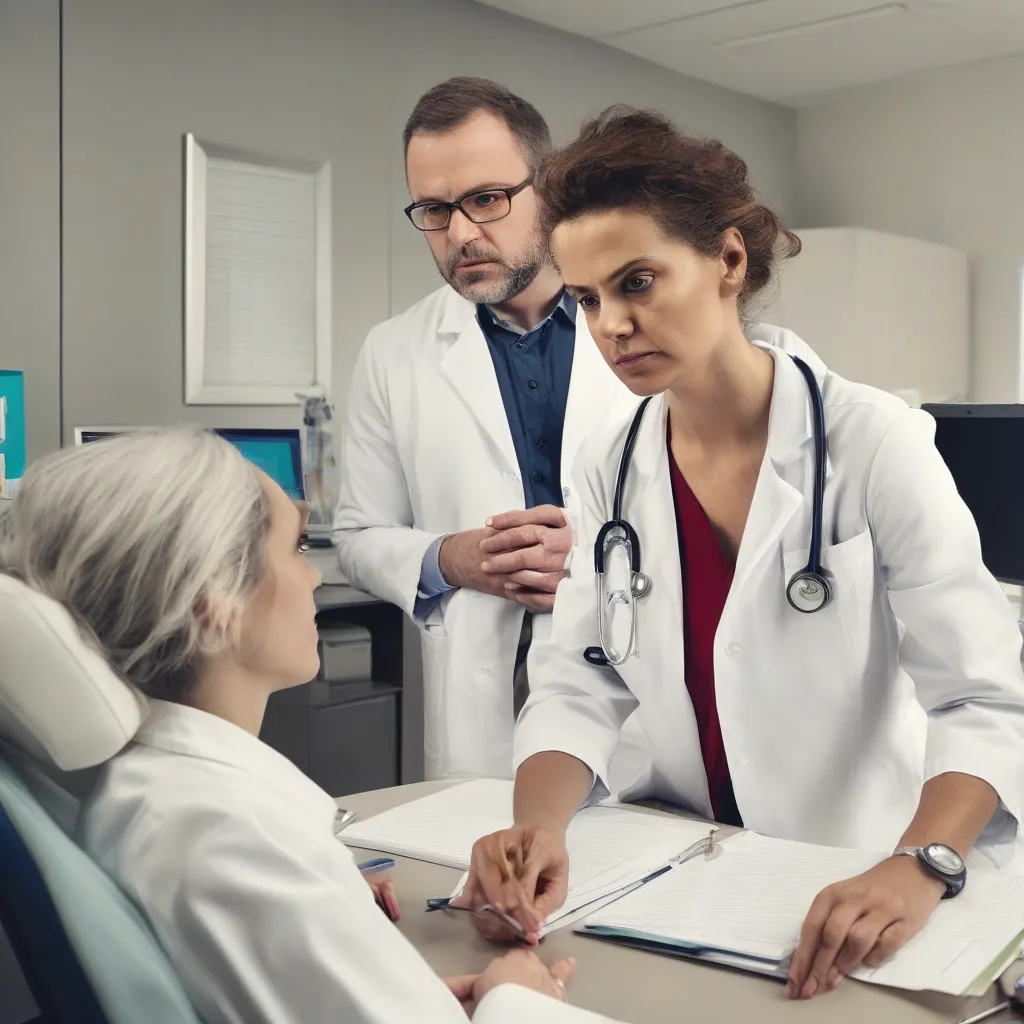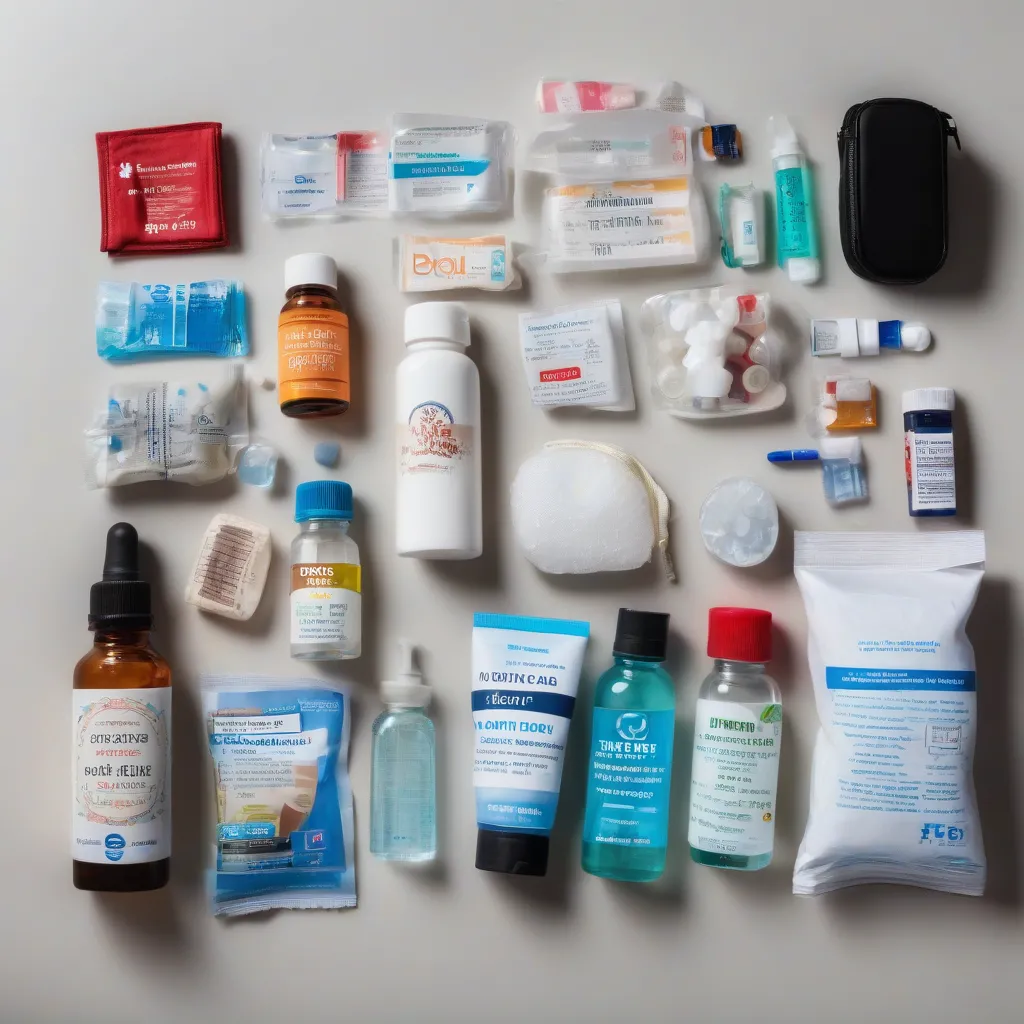Picture this: you’re finally exploring the bustling streets of Bangkok, indulging in delicious street food, and soaking in the vibrant culture. Suddenly, your stomach takes a turn for the worse. Traveler’s diarrhea, often nicknamed “Montezuma’s Revenge” or “Delhi Belly”, is a common travel ailment that can quickly derail your adventures. While unpleasant, it’s usually not serious. But does it always require antibiotics?
Understanding Traveler’s Diarrhea
Traveler’s diarrhea is typically caused by bacteria found in food or water, especially in areas with different hygiene standards than you’re used to. Symptoms include:
- Frequent, loose stools
- Abdominal cramps
- Nausea
- Vomiting
- Fever (in some cases)
Antibiotics: Not Always the Answer
Most cases of traveler’s diarrhea resolve on their own within a few days with simple home care. Antibiotics are not always necessary and should only be used in specific situations.
When You Might Need Antibiotics:
- Severe symptoms: High fever (over 101.5 F), blood or mucus in your stool, severe dehydration, or symptoms lasting longer than a week could indicate a more serious infection requiring antibiotics.
- Underlying health conditions: If you have a weakened immune system or a pre-existing digestive condition, your doctor might recommend antibiotics as a precaution.
When You Can Likely Skip Antibiotics:
- Mild symptoms: If your symptoms are mild and you’re otherwise healthy, your body will likely fight off the infection on its own.
- Viral or parasitic cause: Antibiotics only target bacteria, so they won’t be effective against viruses or parasites, which can also cause diarrhea.
Prevention is Key
The best way to deal with traveler’s diarrhea is to avoid it altogether. Here are some tips:
- Food and Water Safety: Stick to bottled water, avoid ice in drinks, and be cautious about consuming food from street vendors or places with questionable hygiene.
- Hand Hygiene: Wash your hands frequently with soap and water, especially before eating and after using the restroom. Carry hand sanitizer for times when soap and water aren’t available.
- Vaccinations: Talk to your doctor about recommended travel vaccinations, including those that can help prevent traveler’s diarrhea.
Consulting a Healthcare Professional
If you’re experiencing severe or persistent diarrhea, especially with fever or blood in your stool, it’s crucial to seek medical attention immediately. Don’t self-medicate!
 Doctor Consulting a Patient
Doctor Consulting a Patient
Tips for Relief
While you’re riding out traveler’s diarrhea, these tips can help:
- Stay Hydrated: Diarrhea can lead to dehydration, so drink plenty of fluids like water, clear broth, or oral rehydration solutions.
- BRAT Diet: Stick to bland foods like bananas, rice, applesauce, and toast, which are easy to digest.
- Over-the-Counter Medications: Over-the-counter anti-diarrheal medications like loperamide (Imodium) can help reduce symptoms, but consult with a doctor before using them, especially if you have other health conditions.
 First Aid Kit and Essential Medicines
First Aid Kit and Essential Medicines
Plan Ahead, Travel Smart
Before embarking on your journey, consult with your doctor or a travel medicine specialist, especially if you’re traveling to developing countries or have any underlying health conditions. Pack a well-stocked first-aid kit with essentials like oral rehydration salts and over-the-counter medications.
Remember, a little bit of preparation and awareness can go a long way in ensuring a healthy and enjoyable trip. Safe travels!
Explore the World with Confidence
For more travel tips, destination guides, and resources to help you plan your next adventure, visit TRAVELCAR.edu.vn.

